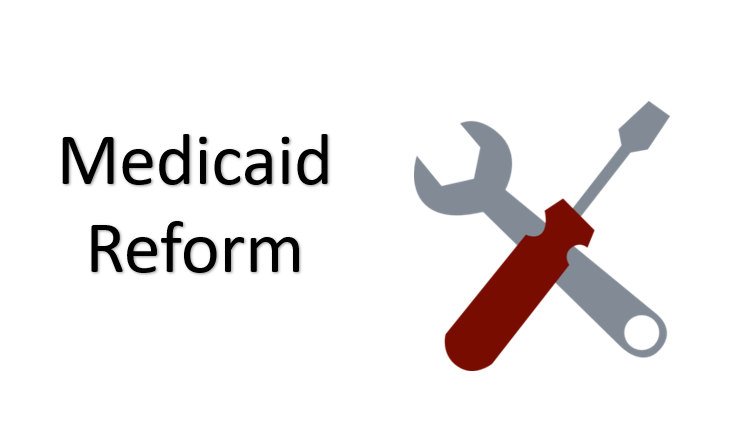
The article below has been highlighted and summarized by our research team. It is provided here for member convenience as part of our Curator service.
Curator summary
SCOTUS will hear a case to determine whether work requirements can be used in the Medicaid program.
Clipped from: https://www.healthcarefinancenews.com/news/supreme-court-consider-medicaid-work-requirements
Late last week, the Supreme Court agreed to decide whether outgoing President Donald Trump and his administration can allow states to tack work requirements onto their Medicaid programs, a proposal that has been shot down in the lower courts.
At issue is the administration’s approval of Medicaid work requirements in Arkansas and New Hampshire. In a brief order, the Justices granted review in Azar v. Gresham and Arkansas v. Gresham, and consolidated the cases for an hour of oral argument. The Justices are being asked to decide whether the U.S. Court of Appeals for the District of Columbia erred in concluding that the secretary of Health and Human Services may not authorize demonstration projects to test the work requirements to facilitate the transition of Medicaid beneficiaries to commercial coverage.
WHAT’S THE IMPACT?
Work requirements have been controversial in some states. In February, for example, a federal appeals court ruled that the Trump Administration unlawfully allowed Arkansas to implement a work requirement on those covered under that state’s Medicaid expansion program, echoing a lower court ruling from 2019.
Arkansas was the first state to create such a work requirement, tasking enrollees aged 19-49 with clocking 80 hours per month on work, volunteering or job hunting, which then had to be reported via Internet or phone. According to Arkansas Online, 18,164 people lost coverage during the nine months the requirement was in effect, and were barred from re-enrolling for the remainder of the year.
The unanimous decision in the Arkansas case, written by Reagan appointee Judge David Sentelle, upheld a district court ruling that found the administration had not analyzed whether work requirements would promote the primary objective of Medicaid, which is to “furnish medical assistance.”
In issuing approvals of state work-requirement waivers, the administration had argued that the move would help some beneficiaries transition to private policies and could lead to better health outcomes, and help states conserve financial resources, CNN reported. The administration began granting state work requirement requests in 2018.
According to a blog on the Supreme Court’s website, the cases will likely not be argued until late winter or early spring. On Friday, law professor Stephen Vladeck said on Twitter that President-elect Joe Biden could rescind the government’s approval of work requirements when he takes office, although this would likely take time, opening up the possibility that the state would pursue an administrative hearing to challenge any rescission.
In Arkansas, more than 18,000 people lost coverage in 2018 before the courts stepped in.
THE LARGER TREND
In October, the Centers for Medicare and Medicaid Services’ announcement of work requirements in Nebraska drew push-back from Nebraska Appleseed, a nonprofit focused on, in part, promoting access to affordable healthcare. It called the Heritage Health Adult waiver “unnecessary” and “a step in the wrong direction.”
“By the Department of Health and Human Services’ own estimates, the waiver will result in tens of thousands of people being locked out of dental, vision, and over the counter drug benefits,” the group wrote on its website. “The waiver does not ‘enhance’ benefits; it is indeed designed to deprive enrollees of those benefits.
“Nebraska does not need a complicated waiver system that makes it harder for people to access the care that they need.”
Similar requirements were recently introduced in Georgia. Specifically, CMS announced the approval of Georgia’s new Medicaid section 1115 demonstration called “Pathways to Coverage.” It requires working-age Georgia adults who are ineligible for Medicaid to opt into Medicaid coverage by participating in qualifying activities such as work and education, as well as meeting premium and income requirements.
This applies to those between the ages of 19 and 64, with income up to and including 100% of the federal poverty level, and is effective through September 30, 2025, with implementation beginning July 1, 2021.
Twitter: @JELagasse
Email the writer: jeff.lagasse@himssmedia.com
